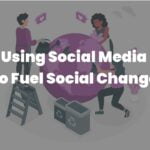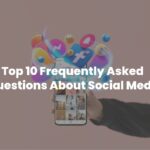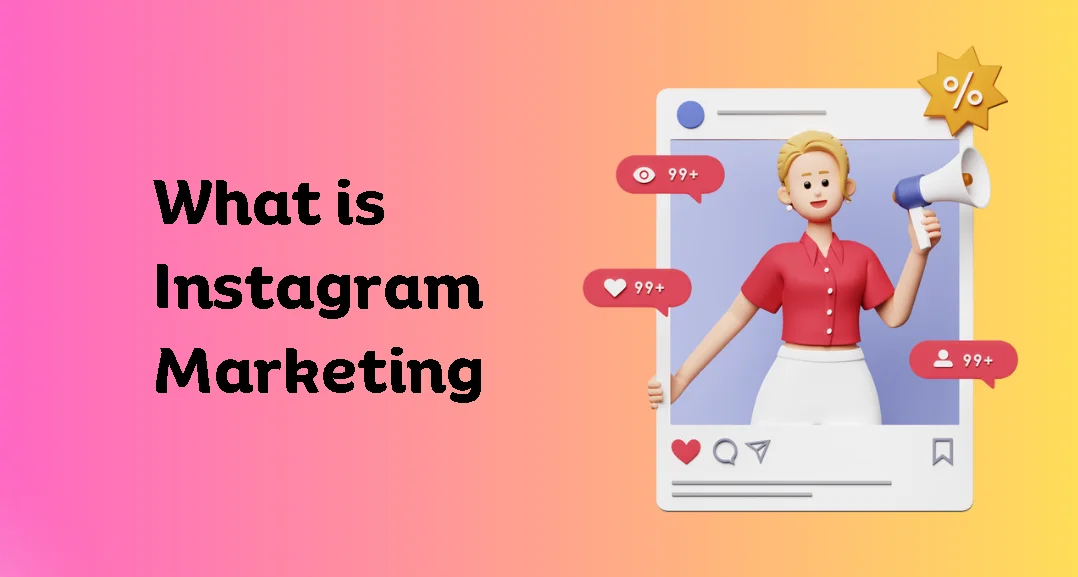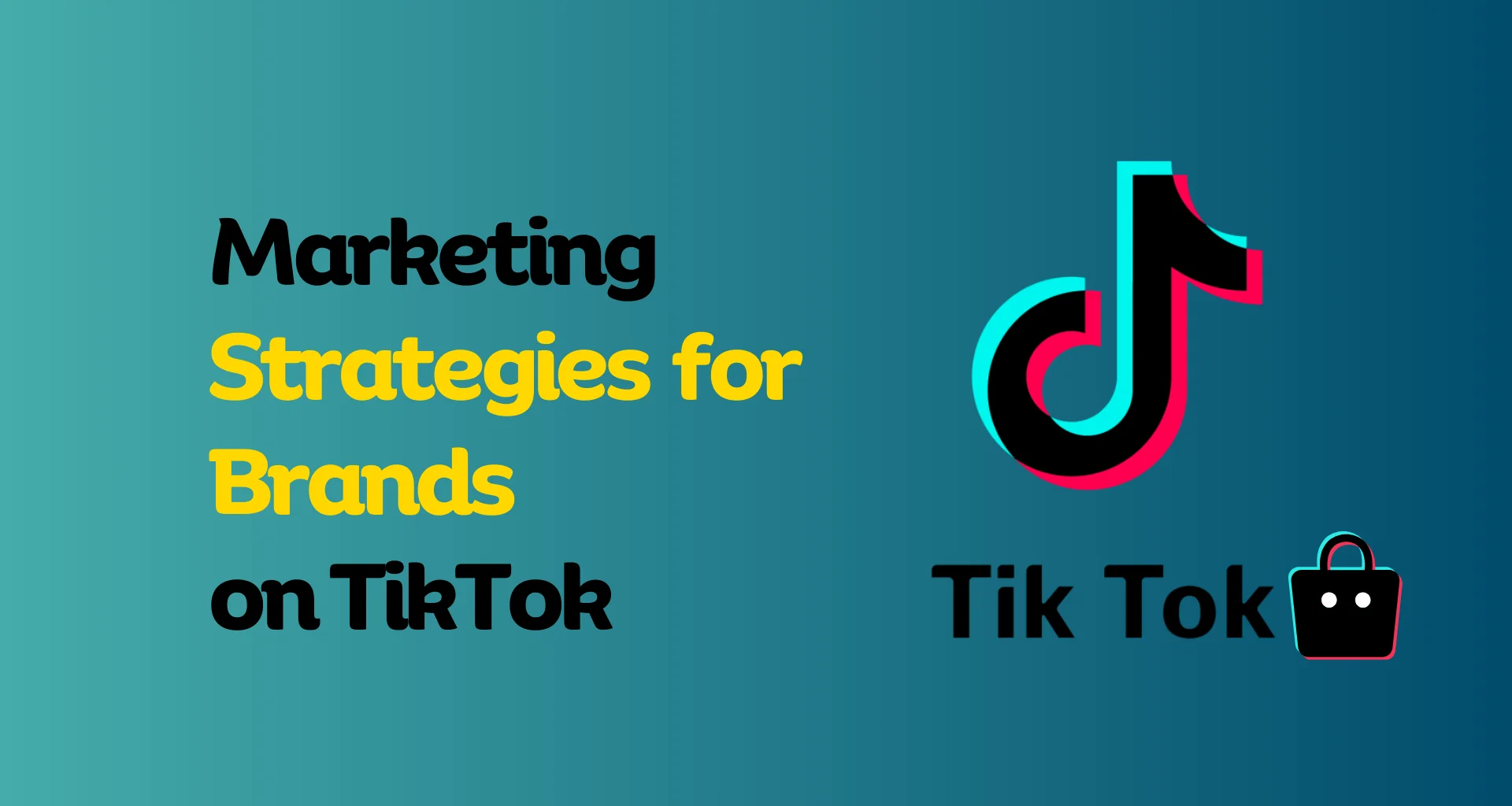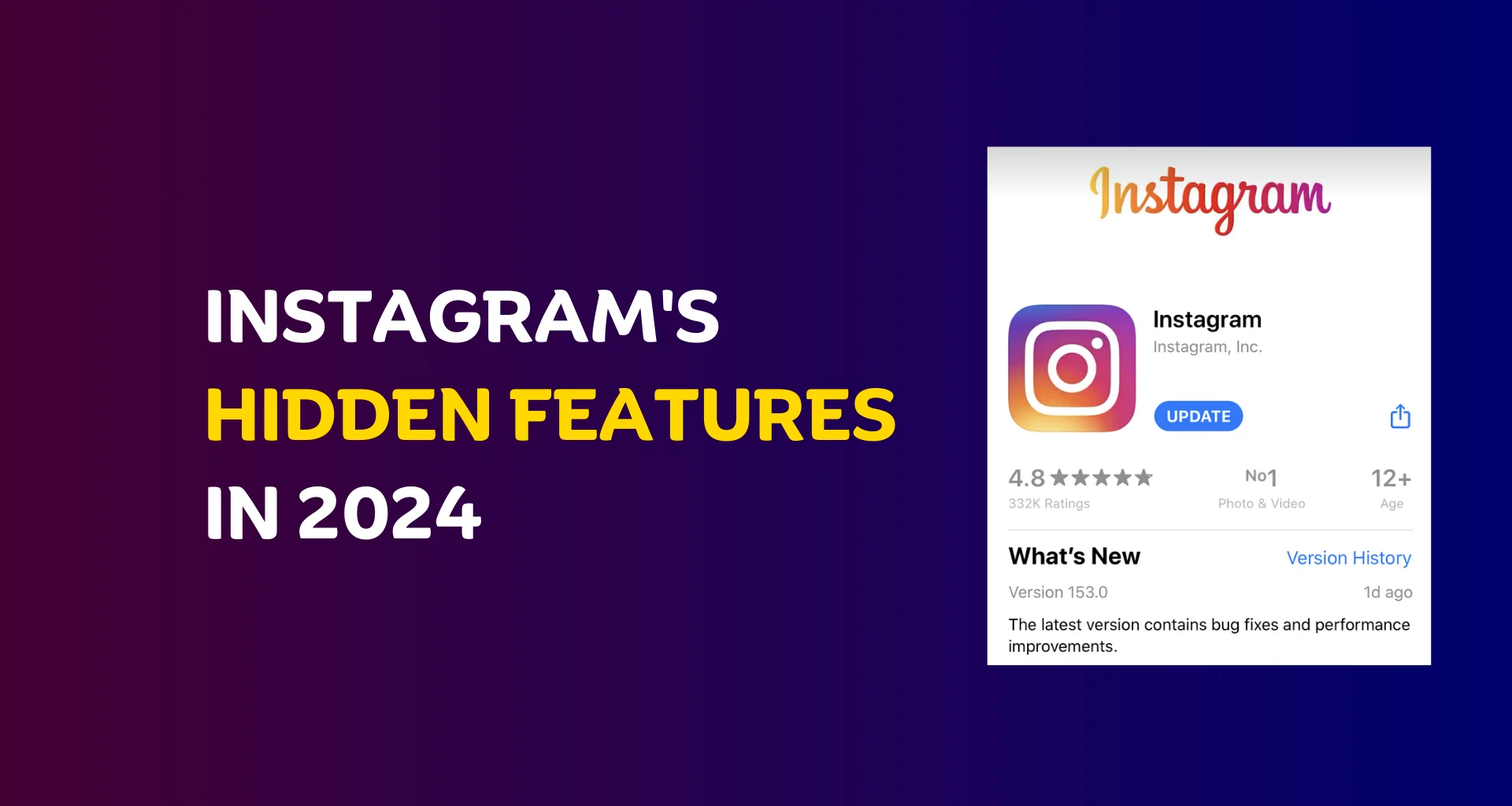Social media has taken over every either directly or indirectly. From promoting brands/businesses to amusement social media has roots dispersed deep in every being’s life. But everything has pros and cons and in today’s modern era unfortunately the dark side of social media has overshadowed the bright side of social media.
In this article, we’ll explore the potential dangers of social media and the internet, and provide tips on how to protect yourself. Join us and learn how to prevent or minimize yourself from falling into the dark side, and you can share this knowledge with those close to you.
Social media has approximately 2.7 billion users, making it one of the best platforms to promote yourself or your brand. However, when you share your private information on social media, there is a risk of it being stolen by a third party. Scams, fraud, and exposure of children to nudity or pornography are some of the major concerns associated with social media. But don’t worry, we can help you learn important strategies to minimize or prevent these risks.
Bullying and Online Harassment
Much like a silent predator, cyberbullying and harassment prey on weaker people by delivering harsh remarks, threatening them, or humiliating them in public. The online world unfortunately has been stained by such a risk.

How can Cyberbullying be Stopped?
Raising Awareness: Be aware of the early indications of cyberbullying and harassment. Educate yourself and others. Understanding the problem is the first step in prevention.
Report and block: Inform the platform administrators of offensive content and users. Use blocking settings to stop any further communication.
Seek Support: If you’ve been the target of cyberbullying, speak with your friends, family, or mental health experts. Avoid suffering alone.
Remember, prevention and awareness are key to stopping cyberbullying and making the online world a safer and kinder place for everyone.
False Information and Fake News
On social media networks, any information spreads like wildfire especially when it’s fake, resulting in creating confusion and insecurity. The consequences could be quite broad affecting discussion of politics, public opinion, and even the well-being of the public.
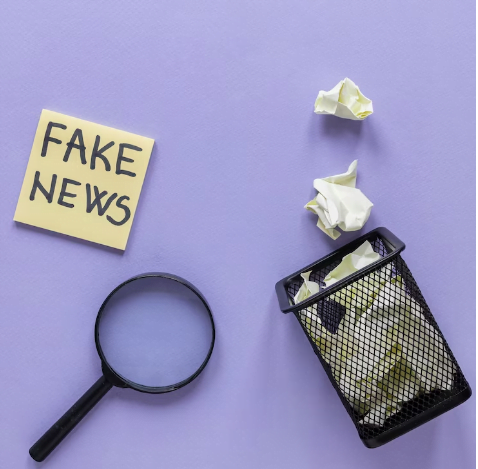
How can we Combat False Information?
Fact-Check: Before sharing information, confirm it. Double-check the facts and rely on reliable sources.
Educate Others: Promote the understanding of media and thoughtfulness among the people you influence and friends. Share helpful resources that show people how to identify reliable sources.
Report false Content: If you come across any misleading or incorrect information, report it to the platform administrators. Many platforms and websites are currently taking strong steps to fight misinformation.
Impact on Mental Health
Constantly seeking approval and perfection on social media presence can harm mental health, leading to anxiety, sadness, and low self-esteem from comparing oneself with others.

How Can We Protect Our Mental Health on Social Media?
Limit Use: Set boundaries for your consumption of social media. Schedule certain hours of the day for no screen usage.
Maintain Your Feed: Unfollow accounts that give you anxiety or a sense of failure. Follow those that inspire and motivate you.
Prioritize taking care of yourself and exercises to improve your mental wellness, such as writing, sports, and yoga.
Privacy Conduct Violations
Privacy on social media is indeed a major concern nowadays, given the risk of identity theft, fraud, and potential spying. To protect our privacy, it is important to regularly assess and customize the privacy settings on our social media accounts and decide how much information we want to make public. Using strong, unique passwords for each account and enabling two-factor authentication can also significantly enhance our security. Additionally, we should be very cautious about sharing our private information online, such as our home address or phone number, and always think twice before posting anything publicly.
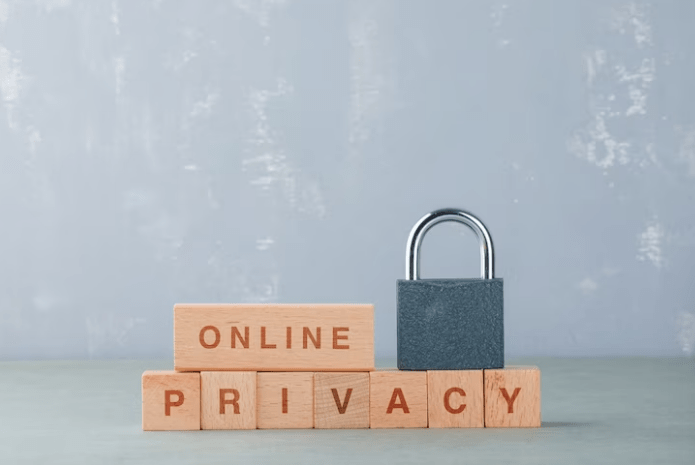
Social Media Addiction
Social media addiction is a real problem that can consume hours of our daily lives, leading to decreased productivity and a sense of disconnection from the real world.
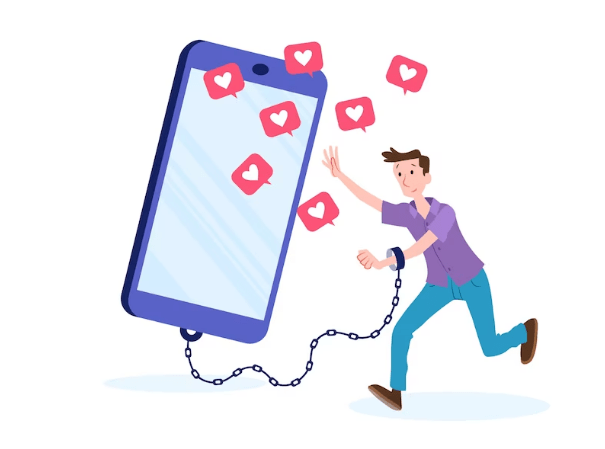
What are the potential steps you can take to reduce social media addiction?
1. Set Time Limits: Using apps or features that allow you to set daily time limits for social media use can help you control your usage and reduce the time you spend on social media.
2. Offline Engagement: Setting aside time for offline activities and in-person interactions with friends and family can help you stay connected with the real world and reduce your dependency on social media amusement.
3. Digital Detox: Taking periodic breaks from social media to refresh your mind can help you reduce your addiction and dependency on social media.
Preventing the Dark Side from Growing
While social media has its downsides, there are practical ways to prevent it from invading your personal space. To start, it’s important to stay up to date with the possible threats and challenges that social media can bring. Educating your friends, family, and followers about secure and responsible social media usage is also important. If you come across harmful content, harassment, or cyberbullying, report it immediately. Additionally, engage in conversations that raise awareness of the negative aspects of social media. Finally, prioritize your mental health and well-being. If social media is negatively impacting you, seek help from a professional or take a break from social media altogether.
Conclusion
It’s important to maintain a healthy balance in your digital life and keep your privacy safe. Social media has its downsides, and one of them is the risk of identity theft, fraud, and potential spying. To protect your privacy, it is essential to regularly assess and customize the privacy settings on your social media accounts. Be careful when sharing personal information online, such as your home address or phone number.
Additionally, social media addiction is a real problem that can consume hours of our daily lives, leading to decreased productivity and a sense of disconnection from the real world. It is important to strive for a healthy balance between your offline and online experiences. Try setting time limits for social media use, engage in offline activities and in-person interactions with friends and family, and take periodic breaks from social media to refresh your mind.
In conclusion, social media has both pros and cons. While it offers numerous benefits, it also poses risks that we must protect ourselves from. By following these tips, you can minimize the risks and prevent yourself from falling into the dark side of social media

